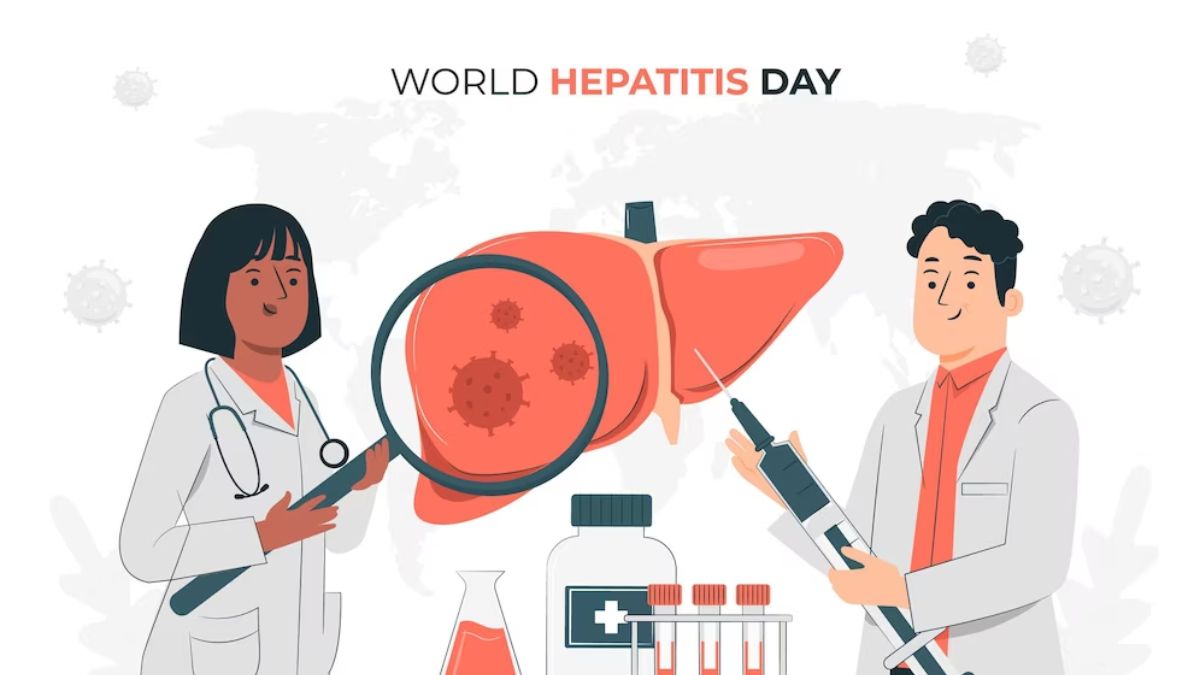- By Prerna Targhotra
- Fri, 28 Jul 2023 09:20 AM (IST)
- Source:JND
World Hepatitis Day 2023: Today, on July 28, people from all around the globe are celebrating World Liver or Hepatitis Day to raise awareness about the common health risk of hepatitis. This is an ideal day that is a call to accelerate the elimination efforts of viral hepatitis now and the urgent need for testing and treatment for the real people who need it.
What is Hepatitis?
According to the Centers for Disease Control and Prevention (CDC), hepatitis means inflammation of the liver. The liver is a vital organ that processes nutrients, filters the blood, and fights infections. When the liver is inflamed or damaged, its function can be affected.
Dr. N. Ravisankar Reddy, Senior Consultant Medical Gastroenterologist, Yashoda Hospitals, Hyderabad exclusively told Jagran English about how one can prevent hepatitis and save their liver for a healthy and long life.
Dr Reddy said that “viral Hepatitis is caused by five different viruses namely Hepatitis A, B, C, D and E. Hepatitis A and E are transmitted by unclean food and water. Hepatitis B and C are transmitted from mother to child during birth, sexual contact, unsafe injection or blood transfusions.

Hepatitis A can last from a few weeks to several months. Hepatitis B can range from a mild illness, lasting a few weeks, to a serious, life-long (chronic) condition. While hepatitis C can range from a mild illness, lasting a few weeks, to a serious, life-long (chronic) infection. Most people who get infected with the hepatitis C virus develop chronic hepatitis C.
How To Prevent Hepatitis?
Hepatitis is a major health concern as it has the ability to destroy liver tissue, spread easily from person to person, weaken the body's immune system, and cause the liver to fail, liver cancer and even death in rare cases.
Dr Reddy said that hepatitis A and E can be prevented by strict personal hygiene and regular hand washing before meals and after using the restroom.

Hepatitis B can be prevented by vaccination of babies as soon as possible after birth, use of antivirals in infected mothers, use of proper protection for a safe s*x and avoiding sharing needles for injecting drugs, piercing and tattooing, washing hands thoroughly with soap and water after coming in contact with blood or body fluids and getting hepatitis B vaccine if working in a healthcare setting.
Meanwhile, to prevent hepatitis C, Dr Reddy told that it can be prevented by safe and appropriate use of injections, safe handling of needles and medical waste, testing of donated blood, and practising safe s*x by using barrier methods.

